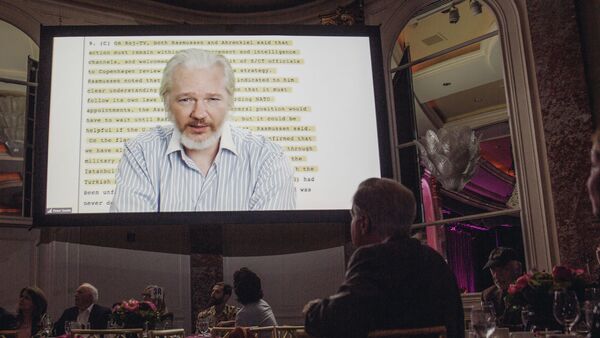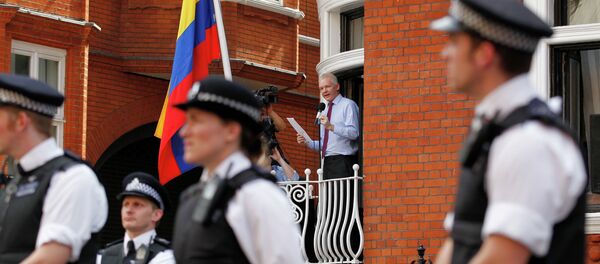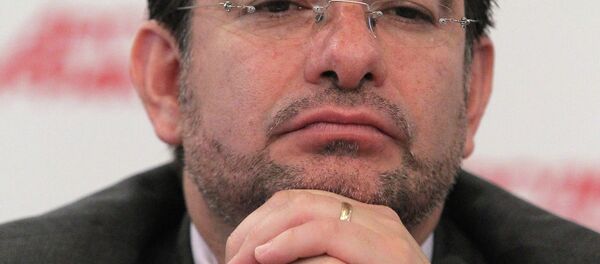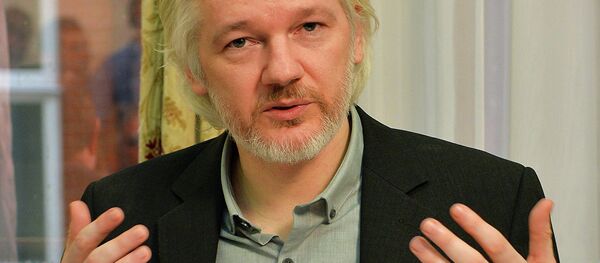"We are preparing a side event for March 19 or 20 in the framework of the 28th Session of the Human Rights Council to deal with the case of Mr Assange, together with a team of lawyers directed by Dr Baltazar Garzon and a friendly NGO [non-governmental organization]," Espinosa said.
This initiative is in addition to two recommendations made by Ecuador to Sweden during the last Universal Periodic Review (UPR), a system within the UN Human Rights Council that assesses countries' compliance with international standards in this area.
The Ecuadorean mission recommended that Sweden take measures to limit the period of pretrial detention, or an equivalent situation of liberty being deprived, without formal charges and for investigation purposes.
Sweden has rejected the second proposal and agreed to study the first in the period given by the UPR which extends until July.
According to Espinosa, her government is ready to collaborate with Swedish authorities in the investigation, and is willing to let Assange be interviewed either by video or Swedish officials visiting the Ecuadorean embassy in London, where the Wikileaks founder is staying.
Assange is wanted for questioning in Sweden regarding an alleged sexual assault since 2010, but has never been formally charged by the court. The founder of WikiLeaks has repeatedly denied the allegations, stating they are politically motivated and fearing that his extradition to Sweden could serve as a pretext for transferring him to the United States.
The government of Sweden has agreed to study Ecuador's proposal to reduce the preventive detention of Wikileaks founder Julian Assange, wanted in both Sweden and the United States, and will respond before July, Ecuadorian envoy to the UN Maria Fernanda Espinosa told Sputnik Monday.
The proposal reflects Ecuador's interest in breaking the deadlock on the situation with Assange, who has been a refugee in the Ecuadorean embassy in London for over two years.
The current proposal was formulated to "support the Swedish state in improving its mechanisms, policies and institutions of the defense and protection of human rights," according to Espinosa.
Julian Assange has been wanted in Sweden for questioning since 2010, regarding an alleged sexual assault, but has never been formally charged by a court. He has repeatedly denied the allegations, stating they are politically motivated and fearing that his extradition to Sweden could serve as a pretext for transferring him to the United States for charges of espionage following the WikiLeaks publication of thousands of classified US government documents online.
Following the WikiLeaks publication of thousands of classified US government documents, Assange is wanted in the United States on charges of espionage.
Assange has been living in the Ecuadorean embassy in central London since 2012, where he faces extradition to Sweden should he leave. December 7, 2014, marked four years since Assange was arrested without charge and almost 900 days that he has spent inside the Ecuadorian embassy.





